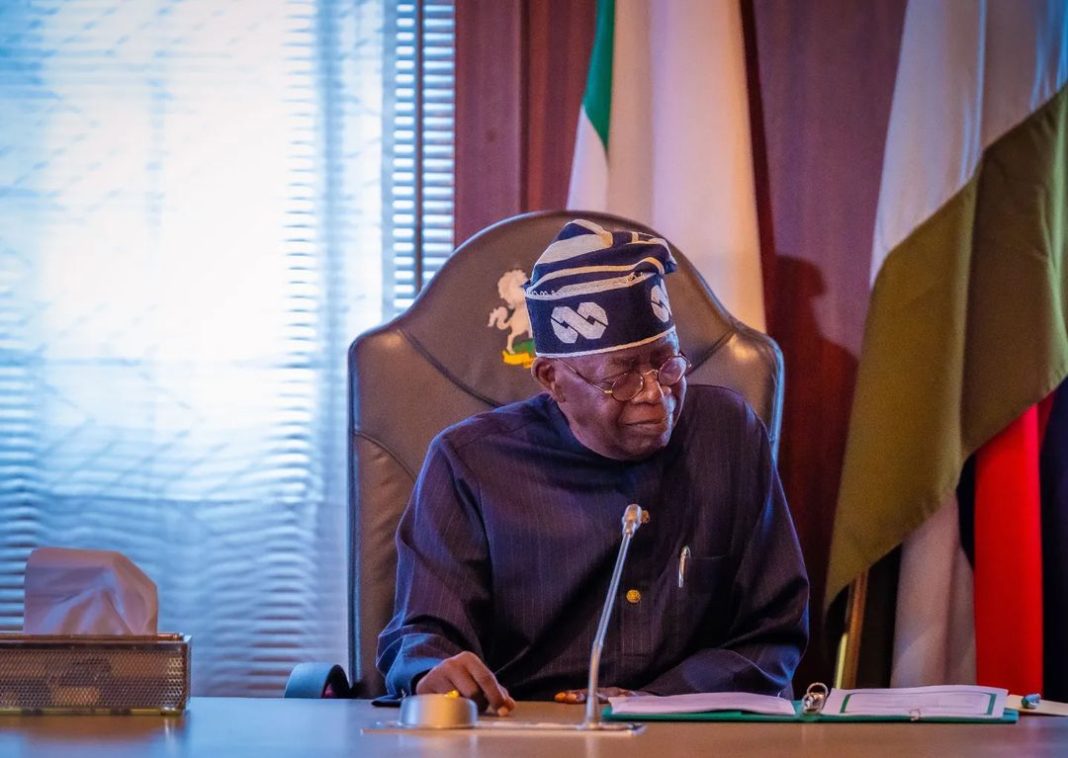ABUJA, Nigeria – The World Bank is expected to approve fresh loans totalling $632 million to Nigeria on Monday, March 31, 2025, marking the latest round of financial support from the international financial institution amid concerns about the country’s rising debt profile.
The loans, which will focus on improving nutrition and enhancing the quality of basic education, are part of Nigeria’s broader strategy to address critical sectors such as healthcare, education, and community resilience.
The two loans are set to provide $80 million for the Accelerating Nutrition Results in Nigeria 2.0 project and $552 million for the HOPE for Quality Basic Education for All programme.
Both projects are currently in the negotiation phase and are expected to receive final approval later today.
These loans come just days after the World Bank approved a separate $500 million loan to Nigeria on March 28 to support the Community Action for Resilience and Economic Stimulus Programme.
The Community Action for Resilience and Economic Stimulus Programme aims to support vulnerable communities by providing livelihood support, food security services, and grants for poor households and businesses affected by economic challenges.
This initiative is designed to alleviate the economic hardships faced by the most vulnerable populations, particularly in the face of inflation and rising living costs.
However, these new approvals come amid growing concerns over Nigeria’s mounting debt burden.
Since President Bola Tinubu took office, Nigeria has secured loans worth billions from the World Bank, contributing to a significant rise in the country’s external debt.
In 2023, the World Bank approved loans totalling $2.7 billion for various sectors, including renewable energy, education, and women’s empowerment.
In 2024, the total approved loans surged to $4.32 billion, reflecting Nigeria’s increasing reliance on international funding to stabilize its economy.
For 2025, Nigeria is set to secure six new loans totalling $2.23 billion, primarily targeting sectors such as digital infrastructure, healthcare, education, and nutrition.
This will bring the total approved loans from the World Bank to $9.25 billion over the past three years, raising concerns about the sustainability of Nigeria’s debt levels.
The World Bank’s involvement in Nigeria’s economic recovery efforts has sparked debate.
While the loans provide essential fiscal relief, the country’s growing debt burden has become a point of contention.
Data from Nigeria’s Debt Management Office shows that as of the third quarter of 2024, the World Bank holds a significant portion of Nigeria’s external debt—$17.32 billion.
The International Development Association (IDA) accounts for $16.84 billion of this amount, highlighting Nigeria’s increasing dependence on concessional financing.
Despite this, the Nigerian government continues to pursue new debt agreements, with a focus on securing loans for key developmental projects.
Finance Minister Wale Edun has emphasized the government’s prioritization of alternative funding sources, such as improving revenue generation, concessional loans, and strategic investments, rather than accumulating more debt through commercial borrowing.
Development experts have voiced concerns about the sustainability of Nigeria’s borrowing strategy.
Dr. Aliyu Ilias, a development economist, noted that while borrowing can be an important tool for development, Nigeria’s current economic situation requires more cautious management.
“Borrowing itself is not bad, but at the point Nigeria is now, borrowing is becoming a bad thing,” he said.







